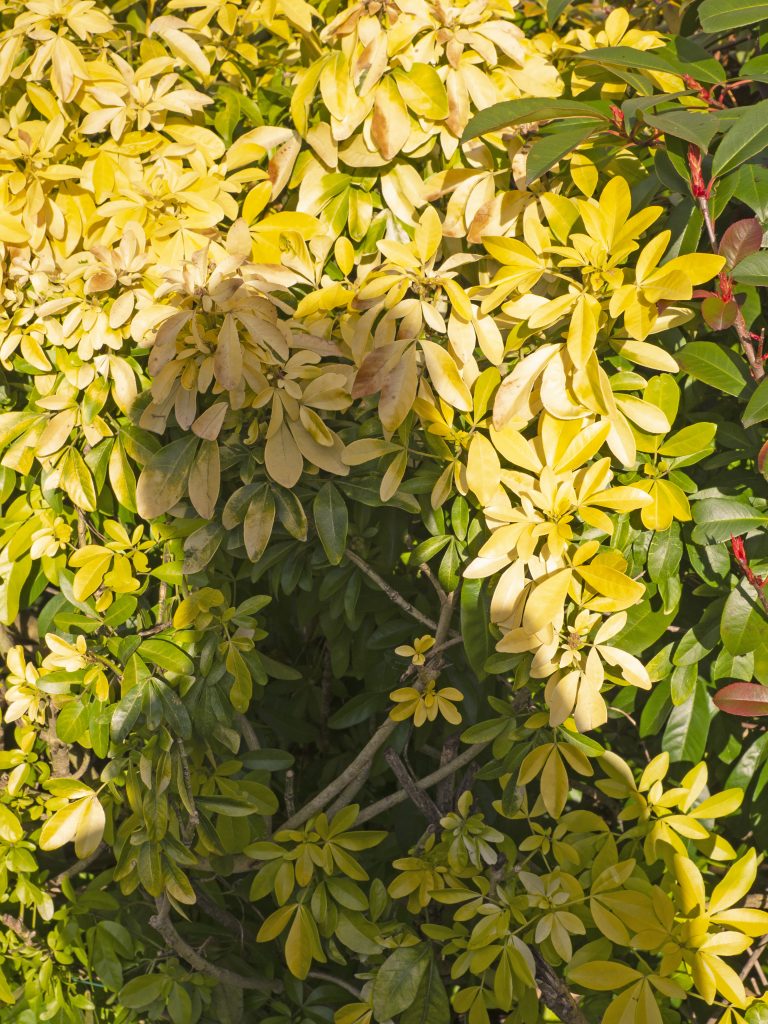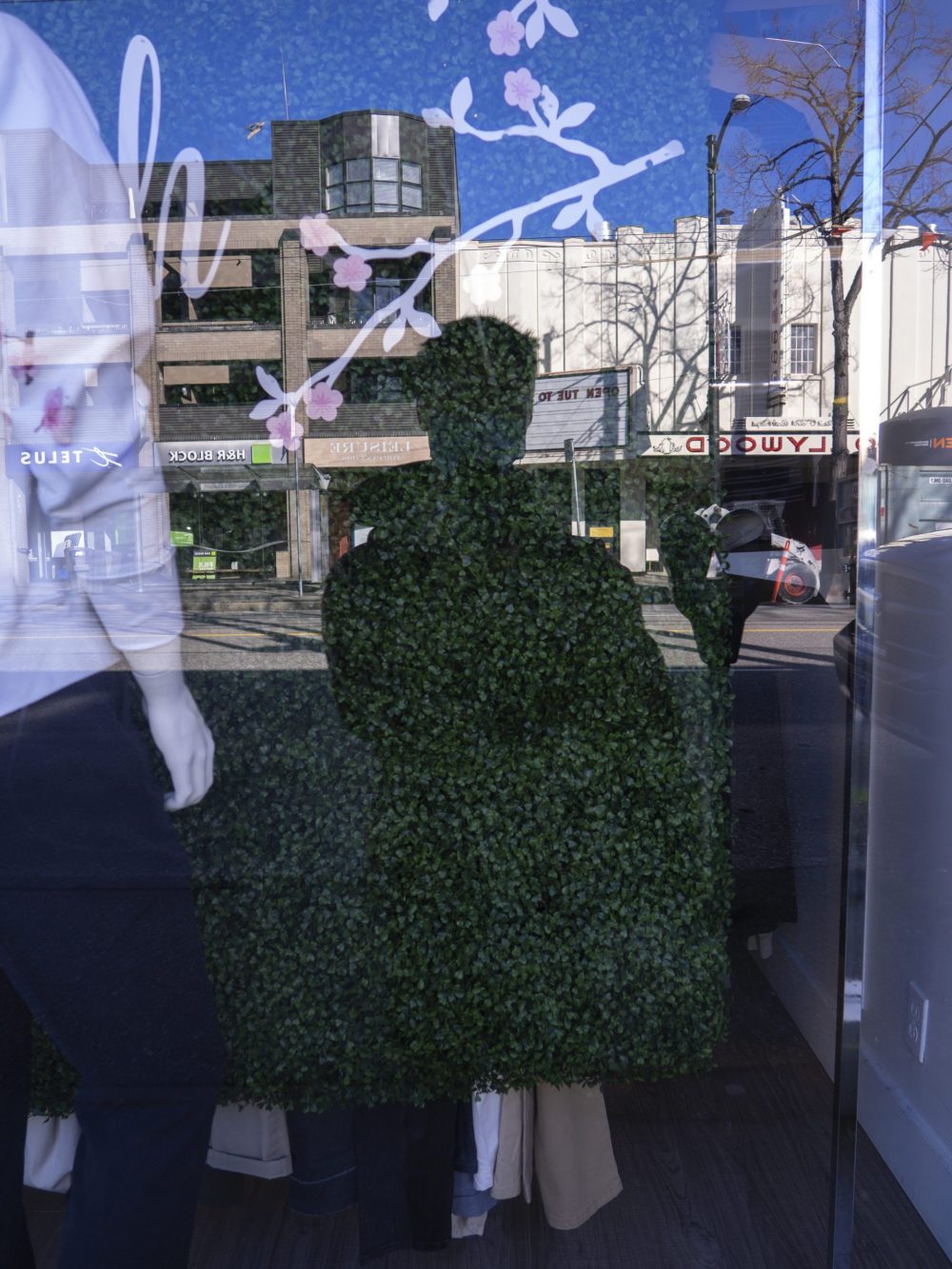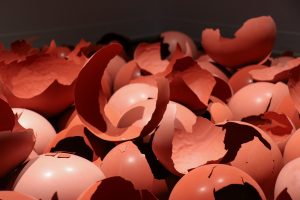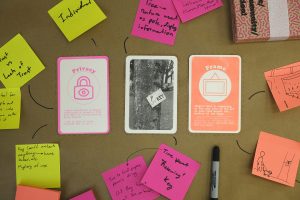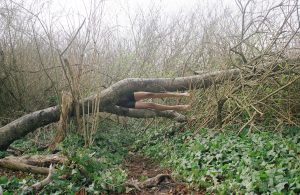What It Means To Be a CBC
Alan Lam
Instagram: @on_the_lam_photo
Both my parents were born and raised in Hong Kong and immigrated to Canada in 1990, they had my brother in 1994 and then later they had me in 1999. Since both my parents are strictly Chinese by ethnicity and my brother and I were born and raised in Vancouver, B.C, we are what is considered a Chinese born Canadian or CBC as we are still fully Chinese by bloodline but we are raised in Canada and know Canada as our home.
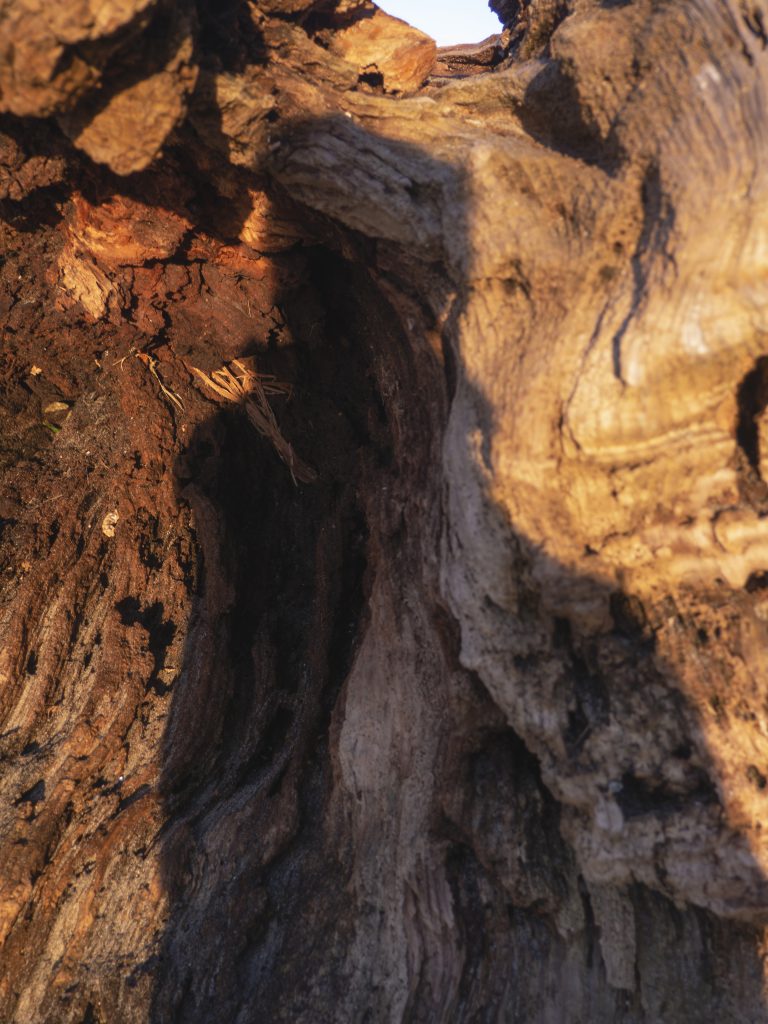
At first my brother and I almost resented being Chinese growing up, as it came with some burdens at school. We would face many acts of racism growing up in grade school from other children at the time from being mocked for wearing glasses, having small eyes and speaking Chinese or simply just being different. I recall feeling like an outcast at school growing up, I was one of the only Chinese students in my class at the time and every time I went into the lunchroom I would try to throw away my lunch that my parents put a lot of hard work into preparing for me because it had such a strong smell compared to the other kids around me at the time. I would open my tin jar of dumplings or rice with other leftovers from the night before and I would get so nervous of what my friends think of it that I would maybe only try a bite or two and then run towards the middle of the lunchroom to throw it out and pretend I ate it all so I could go on with the rest of the day. There would be multiple times I would ask my parents to make me regular food which at the time meant “white” food which my parents refused to do until I reached highschool. However, after finally convincing my parents to pack me sandwiches for lunch, I thought it would change the world around for me but it was quite the opposite; Yes, the food stopped smelling but the feeling of victory was short lasted as the food tasted significantly different almost bland and dry compared to the food they had packed previously and I would still be considered an outsider. This was the moment where I began to realize the amount of effort my parents would put into preparing food for us. For them they were raised knowing food as a way to show how much you love someone, but for my brother and I we were not accustomed to it. This split in cultures definitely led to a lot of struggles growing up as our school would teach us otherwise, they taught us that love is the amount of time you spend with one another. I remember asking myself if my parents even loved me as I only knew at the time that love could be shown through affection since I didn’t know that my parents grew up knowing that the best way to show how much you love to someone is by putting time into making food that they love.
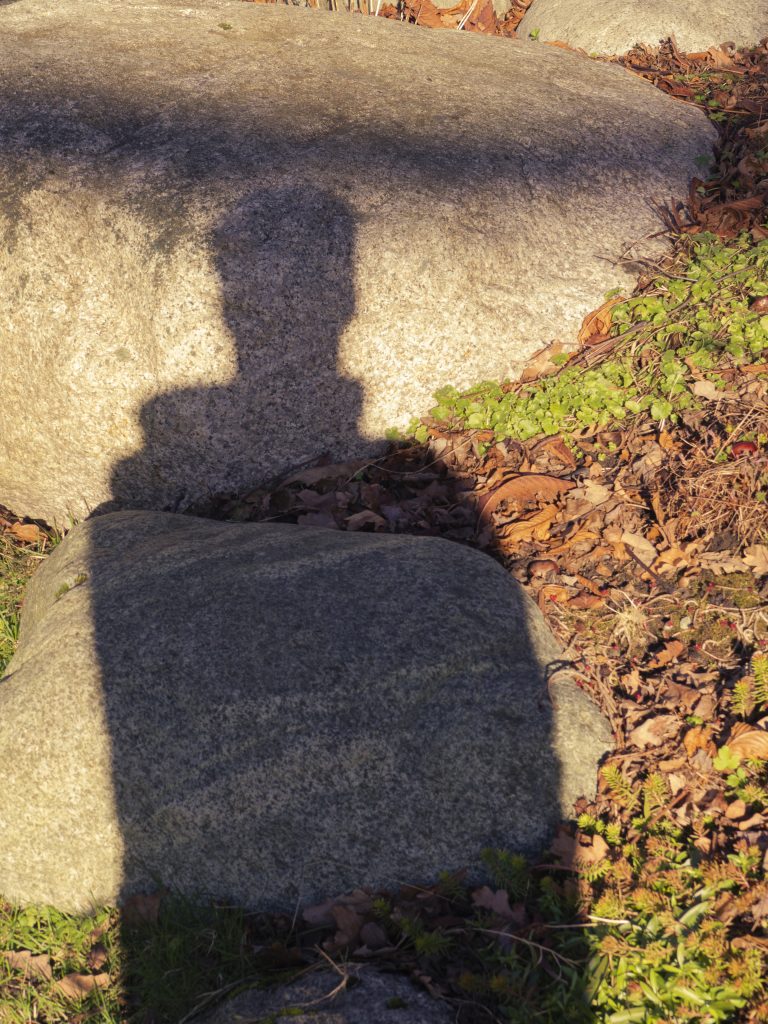
While growing up in Vancouver, I noticed that there is a completely different way people treat you just by simply speaking Chinese or English. Like most CBC, we were taught to speak Chinese whenever we are at home and whenever we were at school or elsewhere we could speak English. My parents did this to ensure we knew how to speak Cantonese and preserve their culture in us as we would end up learning English no matter what in Canada. I was very appreciative of this act now as I cherish being able to speak two languages. But I also see the rule of speaking English when outdoors as a way of shielding us and protecting us because I noticed that if I were to speak Cantonese in public people would give you this face that says almost shame on you for not speaking English or even worse they would physically or mentally torment you even from the briefest of moment. I have never personally faced many acts of racism but I have had many close friends that would get spat on or flicked off for just speaking Chinese. Most often than not, I would avoid speaking Cantonese outside because I am afraid of how others would judge me.
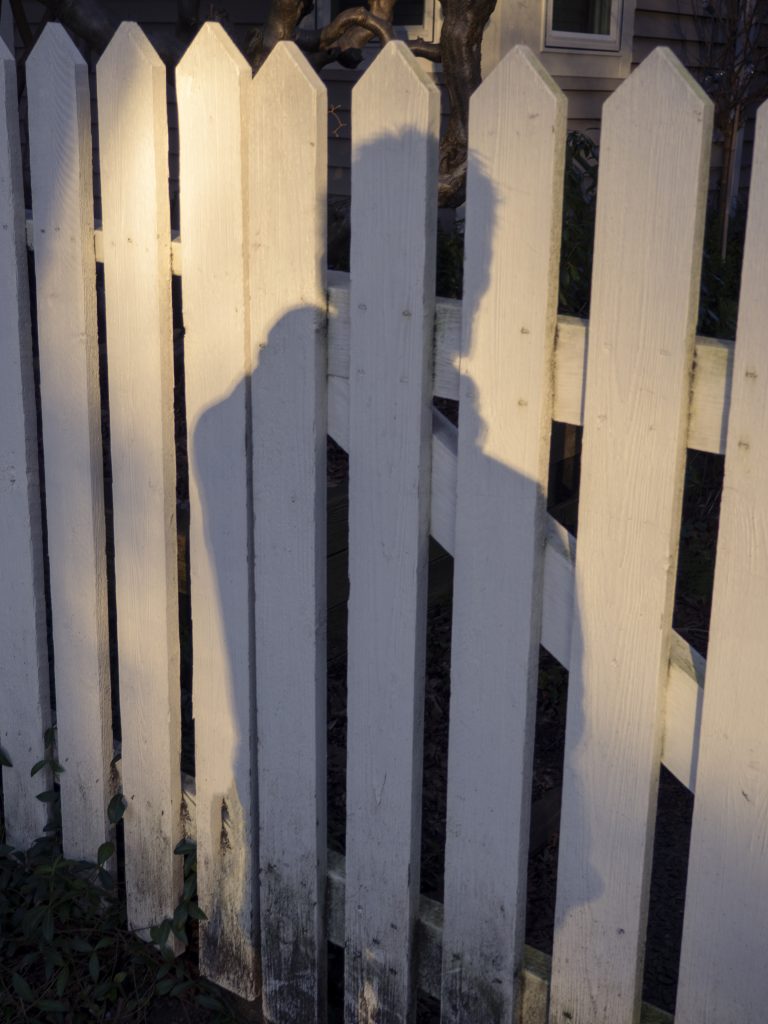
On the opposite end of the spectrum of being a CBC I would face some acts of racism for not knowing how to speak Chinese which I thought would never happen. I began working at a Chinese grocery store near my place and I thought it would be a great experience to learn more Chinese and still gain work experience. But what I would have never expected was to feel left out for not being Asian enough as there are two separate Chinese languages Mandarin and Cantonese and having only learned Cantonese at home meant I did not know how to speak Mandarin. Cantonese is mainly spoken in Hong Kong whereas Mandarin is spoken throughout most of China. Oftentimes I would have customers that could only speak Mandarin and when they approach me for help they would waive me off or sometimes scoff at me for not being able to speak Mandarin. The same would happen when I do go to Hong Kong and if I were to speak English outdoors I would be ignored by the waiters and staff as they see it as a waste of their time to even try to figure out what I am saying. This sort of behavior of brandishing the outsider has been engrained so heavily around the world that it is almost impossible to fix it at this time but I do believe we can work on it and prevent it from happening as often at this point in time.
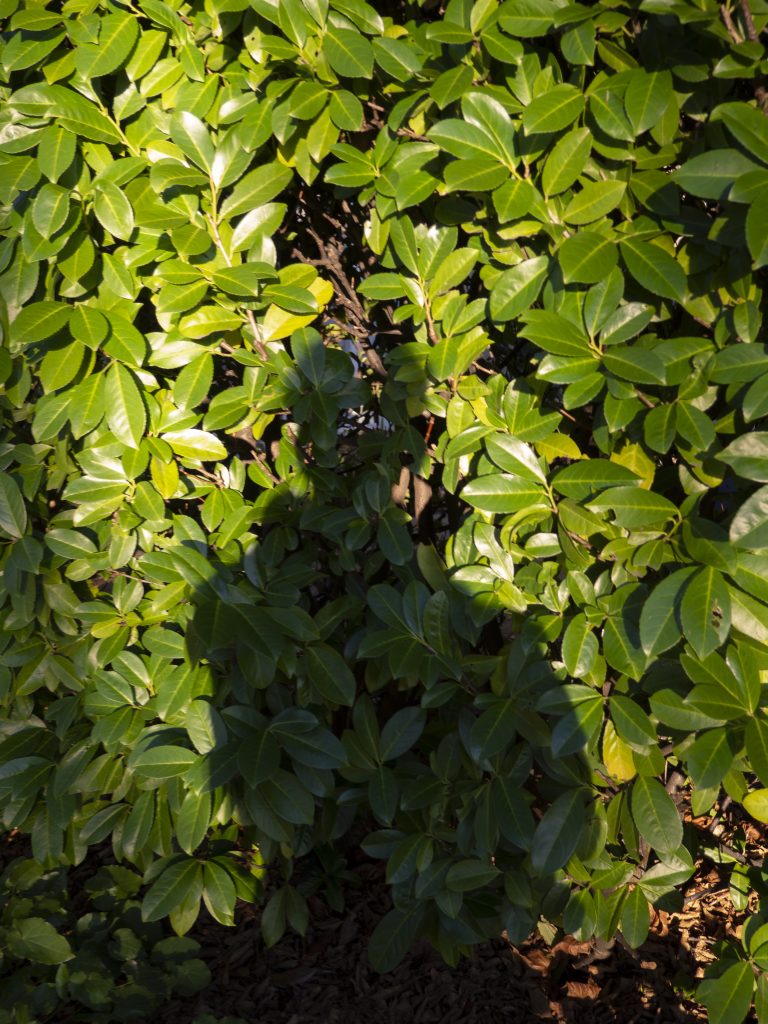
Being a CBC means you are from two separate cultures that are worlds apart that come with huge differences but it also means you are the bridge between those two worlds, I have grown accustomed to my Canadian identity yet I have been taught to carry over my Asian identity as well and with this gift I feel like there is a sort of responsibility that comes with it to teach the others about both my two cultures and merge the two worlds together so there is a better understanding as we are the pioneers of the future. This series is my way of expressing myself as a shadow, a blur, a black sheep, a culturally lost identity. As the shadows have been cut, slashed, warped, punctured, and barred off in order to fit into society’s norms.
